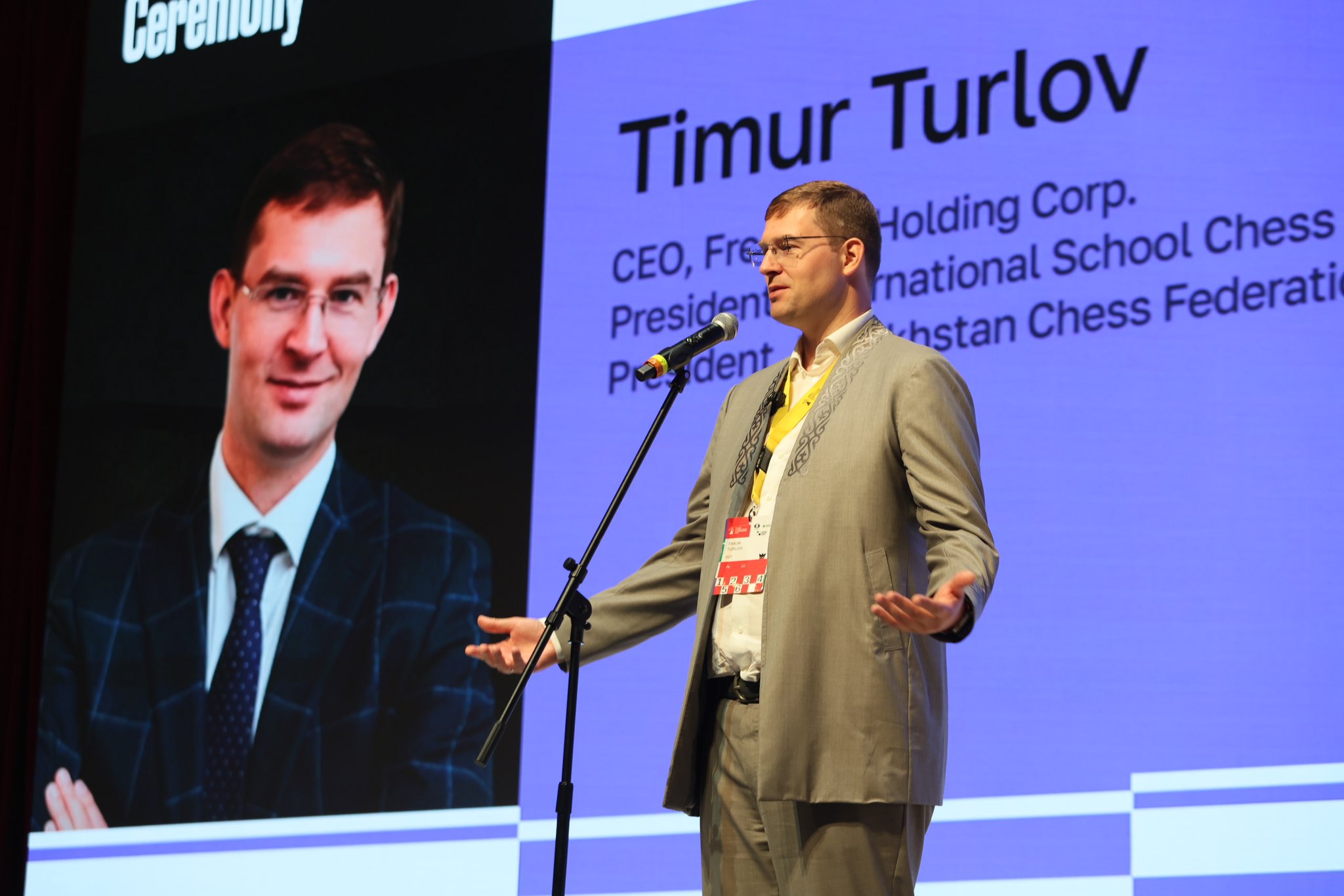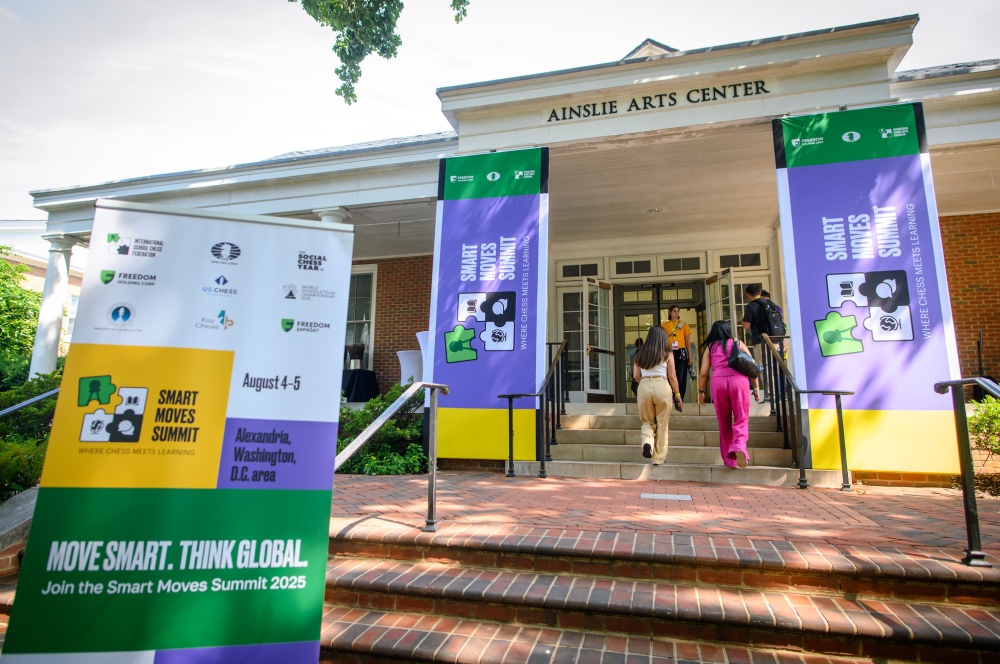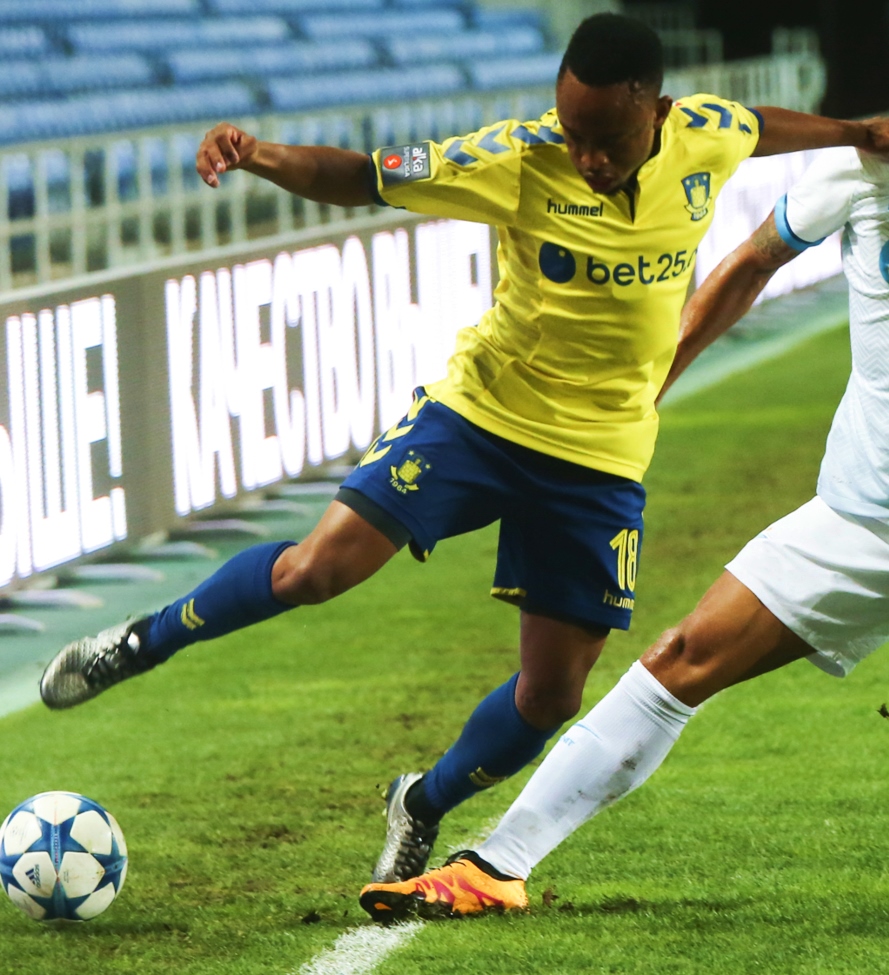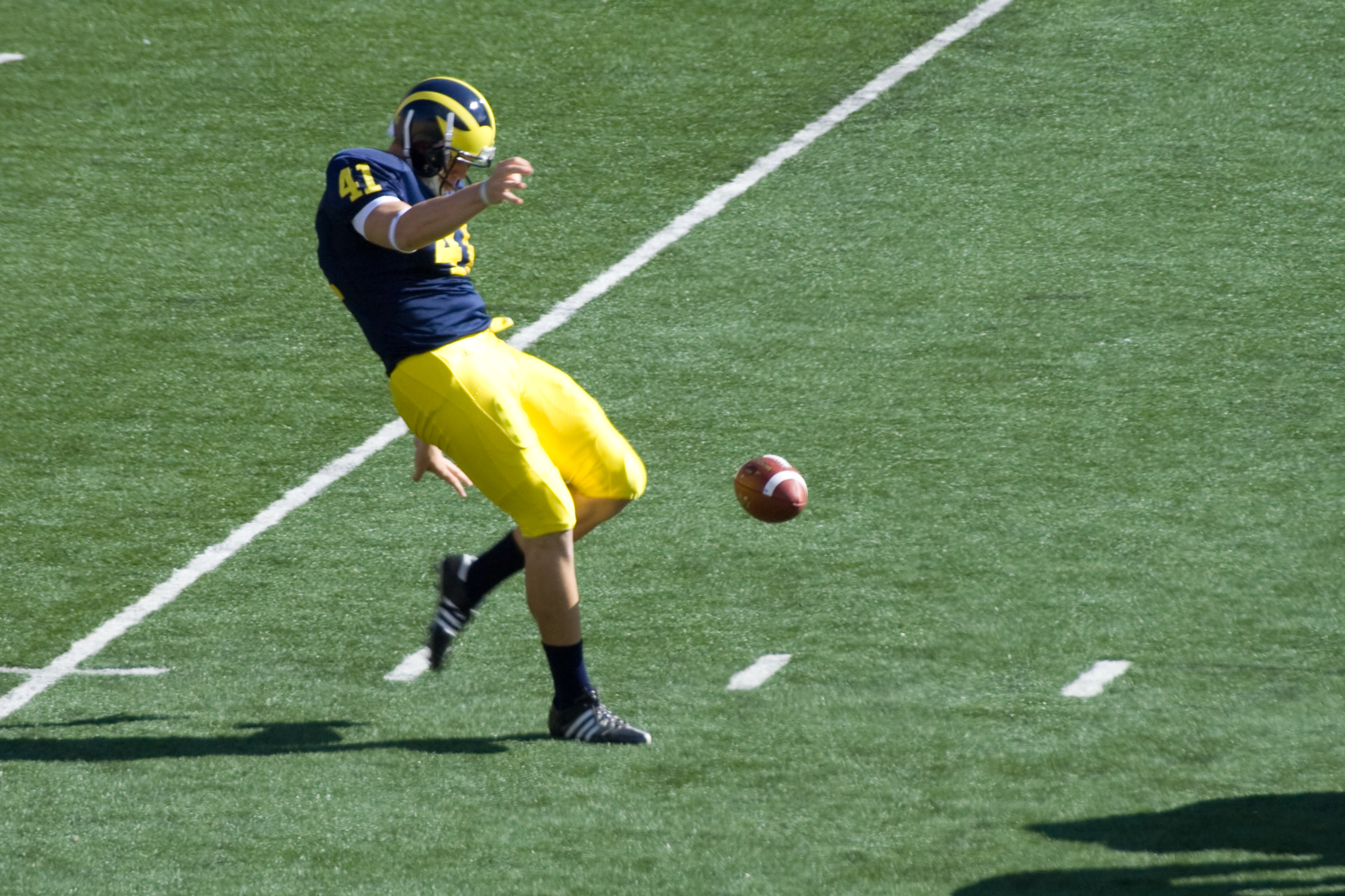WORLD SCHOOLS TEAM CHAMPIONSHIP SHOWS CHESS AS AN EDUCATIONAL AND DEVELOPMENTAL FORCE
The initial rounds of the World Schools Team Championship (WSTC) 2025 in Alexandria, Washington D.C. area, have already taken place. The three teams that have done the best so far are from Kazakhstan, India, and Sri Lanka. The Kazakhstan team is in the lead, with better tiebreak scores, demonstrating the value of investing in chess education in schools.
The Interim Results
On the 3rd and 4th of August, the first four rounds of WSTC, organized by the International Chess Federation (FIDE) and the International School Chess Federation (ISCF), and supported by NASDAQ-listed Freedom Holding Corp., took place at Episcopal High School in Alexandria, near Washington D.C. The tournament has a range of players from newcomers with no ratings to International Masters.
The Kazakhstan team from the National School of Physics & Mathematics topped the event’s official starting rankings with a total score of 2229. The nearest competitor at the beginning of the championship was the Velammal MHS School team from India with a total score of 2210.
After four rounds, Kazakhstan leads on tiebreak values, ahead of India and Sri Lanka (Royal College, Colombo) — all with the same eight match points. Kazakhstan earned better tiebreak scores by defeating stronger opponents and securing larger victories.

Managed Success
Though impressive, the success of the Kazakhstan team is not surprising, given the organizational and financial support provided by local authorities and businesses to develop this thriving sport in Kazakhstan and around the world.
As a huge chess enthusiast, Timur Turlov — CEO of Freedom Holding Corp., President of the International School Chess Federation, and the Kazakhstan Chess Federation — has always believed that starting chess at an early age, even in elementary school, has multiple benefits. “When children play chess, they don’t just learn to make a move. They learn to anticipate consequences, establish cause-and-effect relationships, and evaluate risks. We believe that if we want to build a society capable of dialogue, innovation, and leadership, we must start by teaching people to think,” Timur Turlov explains.
In Kazakhstan, Freedom Holding Corp. has already invested over $18 million in school chess, including infrastructure, tournaments, teacher support, and integration into the school curriculum. The company also supports chess worldwide by sponsoring the WSTC and other international chess events, such as the FIDE World Rapid & Blitz Championships.
The mental marathon
In a world where the fast beats the slow, and reaction often matters more than understanding, the strategic value of chess is increasing. The rise of rapid content and the fight for the attention of young audiences has led to a situation where information consumption is becoming more and more indistinct, and strategic thinking is rare.
At school, this leads to declining attention spans and rising academic underperformance. "If we want qualities such as concentration, order, logic, and strategy to be developed, we must intentionally integrate chess into the education system. As a core subject, chess becomes the foundation for building strategic, leadership thinking”, says Timur Turlov.

Step by Step
This is why, alongside the World Schools Team Championship, FIDE, ISCF, and Freedom Holding Corp organized the pioneering Smart Moves Summit 2025 this year. This two-day conference brings together chess and education experts and enthusiasts and takes place in Alexandria, just south of Washington D.C. on 4–5th of August. The agenda centers on chess as an emerging universal tool for cognitive and social development.
In his speech "Mastering the Long Game" Timur Turlov, the ISCF president and CEO of Freedom Holding, focused on how chess can be used to manage attention. He also revealed plans to implement chess education in over 500 schools in Kazakhstan, where Freedom's school chess initiative has already led to academic improvement. Kazakhstan is not the only example. In Costa Rica, a national pilot project to implement chess in schools has improved math and science grades by ~8%.
The impact of chess extends far beyond schools and education. As U.S. Congressman Jamie Raskin of Maryland remarked, promoting chess among youth can serve as a peaceful tool for conflict resolution. The speakers mentioned other social effects, such as improving gender and social equality, inclusivity, and cross-sector partnerships.
The remaining two days of the World Schools Team Championship are full of anticipation. On August 5, participants of the Smart Moves Summit will explore how schools and organizations can collaborate to scale chess initiatives and examine modern platforms that are reshaping public engagement with chess. They will also study best practices for preparing educators to deliver chess-based learning. The final rounds (5-8) of the game will be played on August 5 and 6, after which the champions will be crowned.
Price publication: 68.00 USD Total: 68.00 USD


.jpg)

